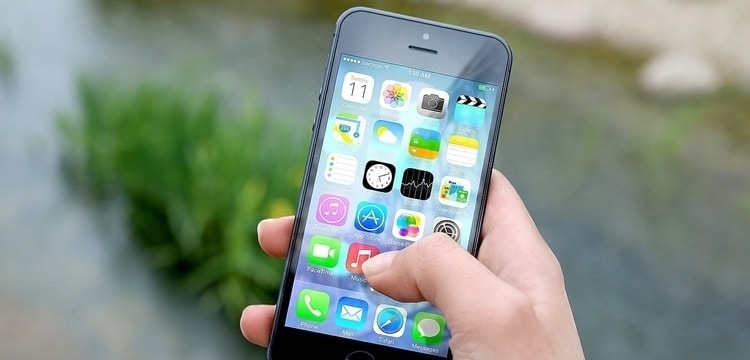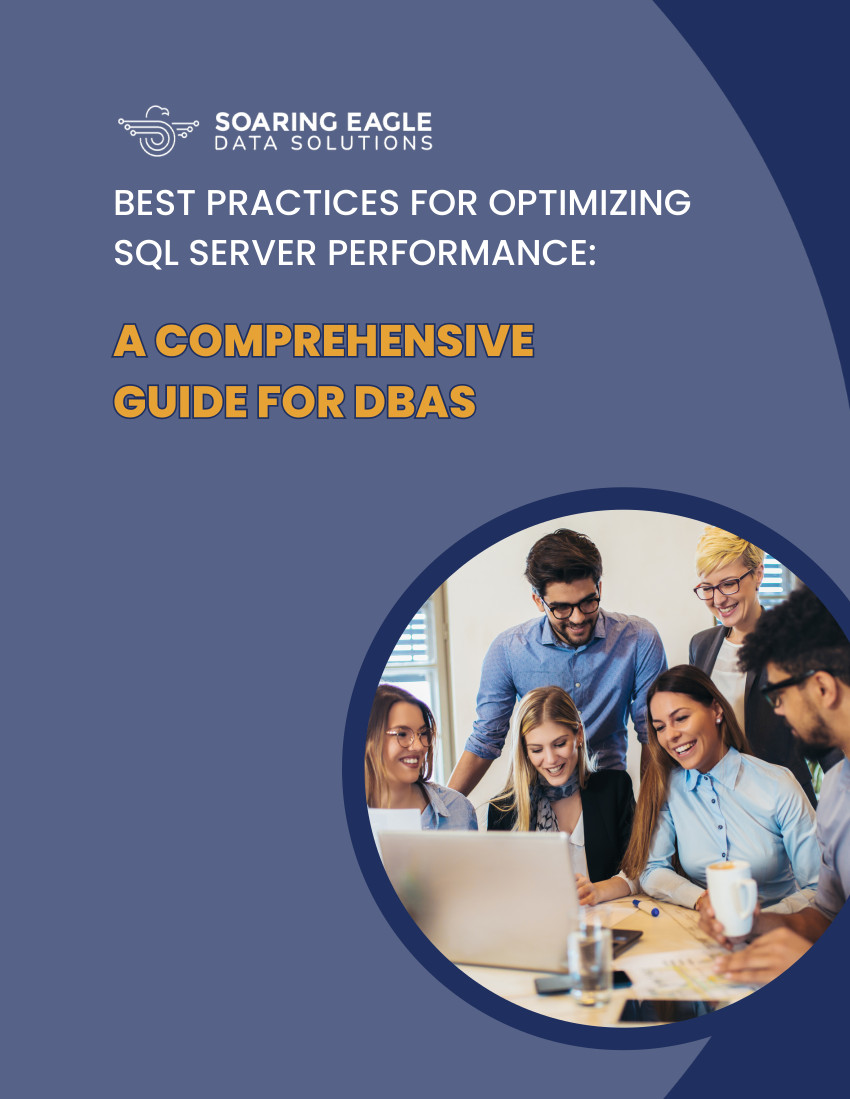
How many people do you know without a smartphone? These nifty little gadgets have practically become a fifth limb for most of us; and we’ve come to rely on them for everything: online banking, downloading music, GPS maps, playing Scrabble when we’re bored, finding a nearby gas station… They make our lives so much easier that it would be unfathomable to think of going back to things as anachronistic as maps and phone books. However, the dark side is, do they expose your enterprise to cyber threats?
But are some of these apps making up susceptible to cybersecurity breaches? This question can be bone chilling, considering we always have our phones with us, and not only do they contain all of our personal information and ways to contact our loved ones, but they also have a camera, a GPS, and a recording device. So everywhere we go, and everything we do could potentially be monitored by third parties. This is no joking matter. By 2021, these types of cybersecurity threats will cost approximately $6 trillion.
What can you do to protect yourself?
While there is no way to ensure safety 100% of the time, you do have to be as proactive as possible to cover your bases. Browse through this list of often used apps to see if you have anything installed on your phone that has been discovered to be vulnerable. Remember also to check your kids' phones.
Use common sense
Sometimes, in our quest to download an app, we click on “yes” to everything, without really paying attention. Certain apps, like Google Maps, need to know your phone’s location to work. Facebook needs access to the photos on your phone. But if you pay attention, you’ll see that the vast majority of apps request for permission to access most of the information stored on your phone. Some may do it for marketing purposes (which, by the way, no. Have some respect, marketers), while others may have a more sinister motive.
Pay attention to a VPN’s policies
The whole point of using a Virtual Private Network (VPN) is to protect your privacy from lurkers on a regular WiFi. However, VPNs can also access your data, depending on their policies. There are ways you can try to ensure the VPN you’re connecting to is legit, such as it’s a paid service, or doing leak tests. Don’t just automatically trust a source because it claims to be a VPN.
Always remember to do your due diligence research when it comes to protecting yourself and your business from hackers. And when in doubt, contact us at Soaring Eagle Consulting. We are the kind of nerds you need to keep you safe.




